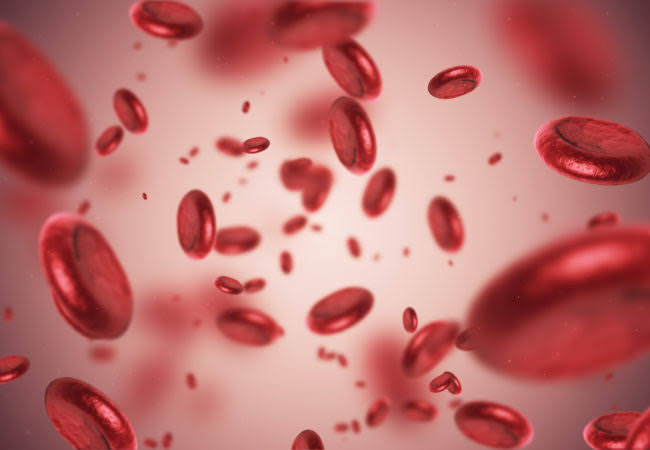Out of breath? Low energy? Constantly sick… iron could be your issue.
Eating meat and still have low iron.? Vegan or vegetarian and want to make sure your iron levels stay normal? or can’t get your iron levels up no matter how hard you try.
…..read on your not the only one.
Why is iron so important ?
Iron is mainly known for its help in production of a protein called Haemoglobin. If you don’t have enoughiron, your body can’t make enough healthy oxygen-carrying red blood cells. Which means not enough oxygen for your body to function. However iron is also a component of other proteins myoglobin, cytochromes and enzymes involved in redox reactions
We need to get iron from our food. The absorption of iron from food is complex and not all iron is equal in food. There is 2 types of iron haem and non-haem. Haem and non-haem is available from animal food sources and plant foods have only non-haem. Non haem is less bioavailable for humans.
Menstruating women need around 1.5mg of iron per day, Men are required to have 1mg per day and higher levels are required with increased/rapid periods of growth and in pregnancy.
Testing for Iron
For iron levels the biochemical measures used are haemoglobin, serum Iron, ferritin, transferrin, transferrin saturation and hematocrit from a blood sample.
Indications that your iron is low would be seen in the levels of serum iron dipping over time as well as ferritin, haemoglobin and hematocrit. Hematocrit shows the percentage or number of red blood cells. Symptoms of low iron can vary, they could be fatigue, weakness, headaches, pale skin, breathlessness and dizziness.
Having too much iron can also be a bad thing, causing oxidation of the cells, tissues and organs, so the balance here is key as well as testing every 6 months to a year if your prone to low iron and are supplementing.
Note: when your acutely ill or fighting an infection your ferritin levels can be seen higher on your test.
What Impacts on iron absorption?
Iron is absorbed from food in the small intestine and transported by binding to transferrin ( protein produced by the liver)
Inflammation of the gastrointestinal tract is a huge player. Therefore if you suffer from Inflammatory bowel disease, have intolerances you don’t know about or are eating lots of processed and non-organic food, it is likely that your ability to absorb iron is reduced.
Your stomach acid or HCL ( hydrochloric acid) helps to break down the food we eat. Inability to break this apart properly can lead to an inability to take on the right nutrients and minerals.
Hepcidin is another factor we tend to forget when it comes to iron. It is a peptide hormone produced by the liver that regulates iron intake by blocking its absorption, it responds to inflammation (mainly cytokine IL-6) and iron.
When inflammation is present it is highly likely it could be blocking your iron being absorbed.
🩸 To absorb iron we also need assistance from certain cofactors, as well as avoiding substances that block iron absorption.
Tricks and tips for getting your iron levels right!
✔️ Reduce inflammation and stress and activate the parasympathetic nervous system through exercise, meditation, mindfulness, laughter and CBD.
✔️ Taking iron every second day to overcome the
✔️ Heal your gut and have sufficient HCL for breakdown and absorption and a healthy, well functioning liver.
✔️ Take iron with vitamin C and organic acids such as citric, lactic or malic acid to increase the amount you can absorb.
✔️ Avoid coffee, calcium, zinc or phytates (found in legumes, rice and other grains) with iron or iron rich foods as these will block the absorption.
✔️ Take a mineral iron supplement with fulvic acid included for high levels of absorption. Fulvic acid can aid in the body’s absorption and use of vitamins and minerals, has an ability to remove toxins and can act as a powerful antioxidant. Ask us which one we use.
✔️ Vitamin A is essential for the ulisation and storage of iron. So you may want to look at vitamin A containing foods like herring, cod liver oil, eggs, orange and yellow vegetables and add more in.
✔️As a supplement option Iron bysglycinate is a good choice, it been shown to have higher levels of absorption and storage and lower gastrointestinal side effects.
✔️ You can also cook with the lucky iron fish. This can allow your food or drink to take on up to 8mg of iron per use.
✔️Test regularly- too much iron can be dangerous too as well as aging you faster.
It’s ideal to get help from a professional to assess where you need to make changes and help you interpret your tests and levels of nutrients.
Book in online or see us in the clinic and let us know how we can help:)








